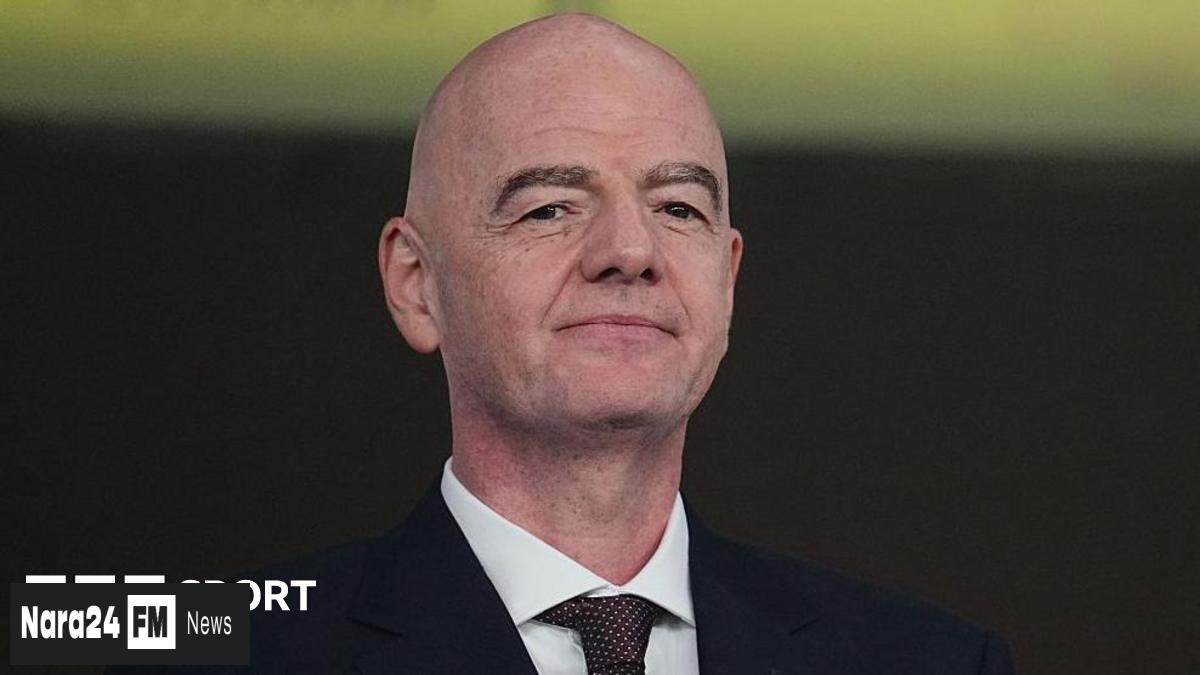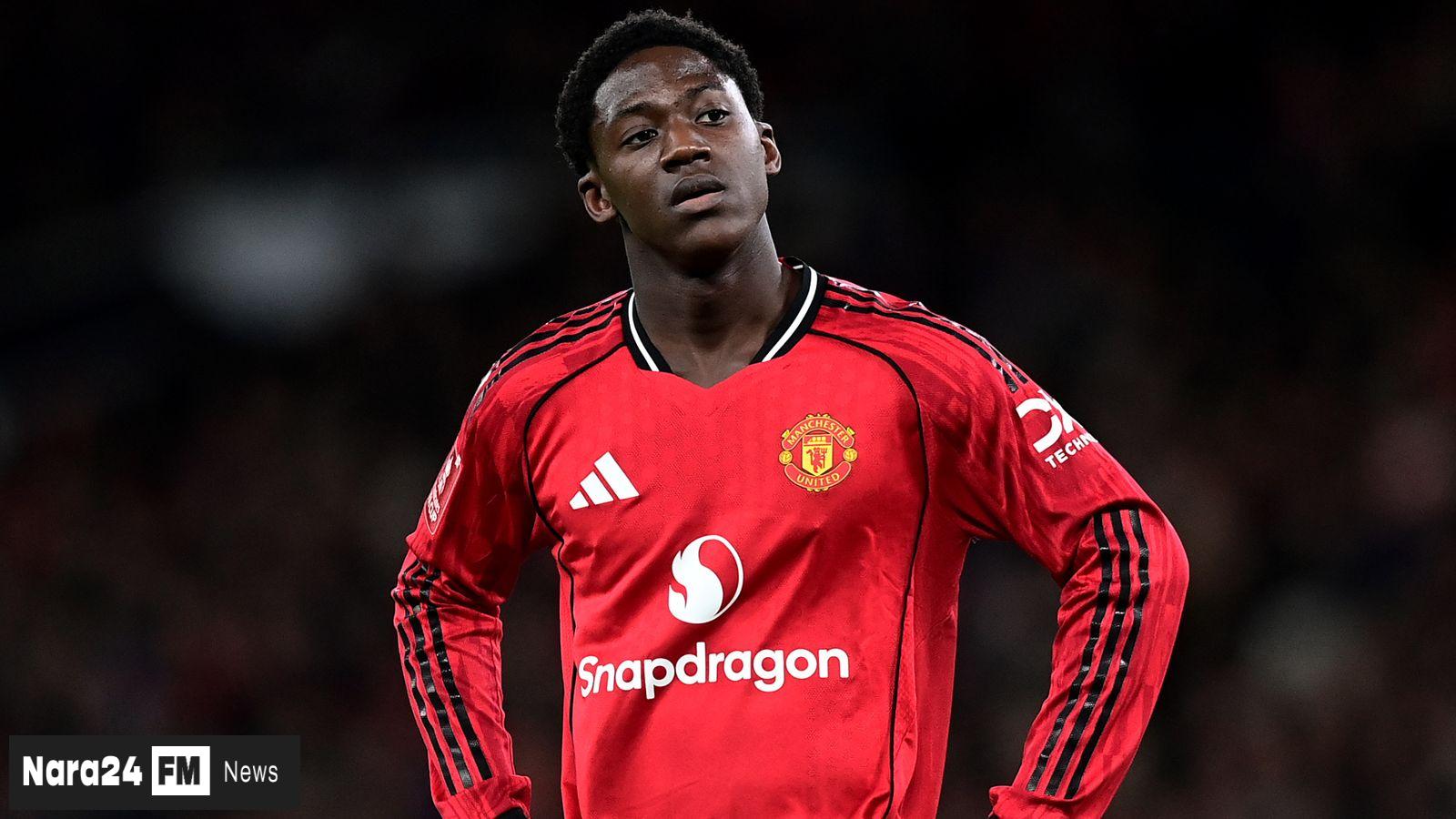Football has been abuzz this summer as the transfer window of the striking strikers has sparked a heated debate. Alexander Isak and Yoane Wissa, both talented forwards, made headlines by refusing to train and demanding moves from their respective clubs. While their behavior drew sharp criticism from some quarters, others argued that it was a response to clubs that have often taken advantage of players in the past.
Former Blackburn and Aston Villa striker Chris Sutton was quick to condemn the pair, calling their actions "despicable," "disgraceful," and "disrespectful." He emphasized the importance of adhering to contracts and the need for players to show loyalty to their clubs. Sutton pointed to examples like Eberechi Eze and Troy Deeney, who secured moves without resorting to such tactics.
However, former England goalkeeper Joe Hart offered a different perspective, suggesting that clubs have a history of exploiting players. He argued that if Isak and Wissa had not pushed for a move, their careers could have been negatively impacted by the clubs' decisions. Hart's words resonated with many who believe players should have the right to seek better opportunities.
In a twist of fate, both Isak and Wissa ultimately secured their desired transfers. Isak made history with a record-breaking £125 million move to Liverpool from Newcastle, while Wissa joined Newcastle for £55 million from Brentford. Their success has reignited the debate over whether players should have the power to force moves or if they should maintain professionalism.
In stark contrast, England defender Marc Guehi, who had been widely praised for his dedication and professionalism, saw his dream move to Liverpool collapse. Despite his exemplary behavior, Guehi's transfer fell through, leaving him to return to Crystal Palace. This outcome has further fueled the discussion about the fairness of the transfer system and the influence of player power.
Football observers are now pondering the future of the sport. Is this the way football is heading? Will we witness an increase in players actively trying to force moves? And is there a way to strike a balance between player rights and club interests?
As the transfer window closes, the debate rages on. While some see the actions of Isak and Wissa as a precedent, others argue that professionalism and respect for contracts should remain paramount. In a sport where loyalty and trust are often fleeting, finding a solution that satisfies both players and clubs remains a complex challenge.








Comments (0)
Leave a Comment
Be the first to comment on this article!